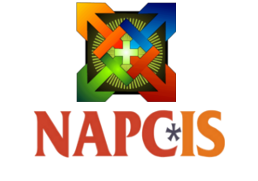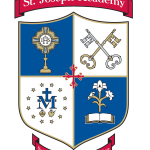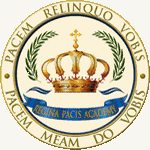St. Augustine Academy
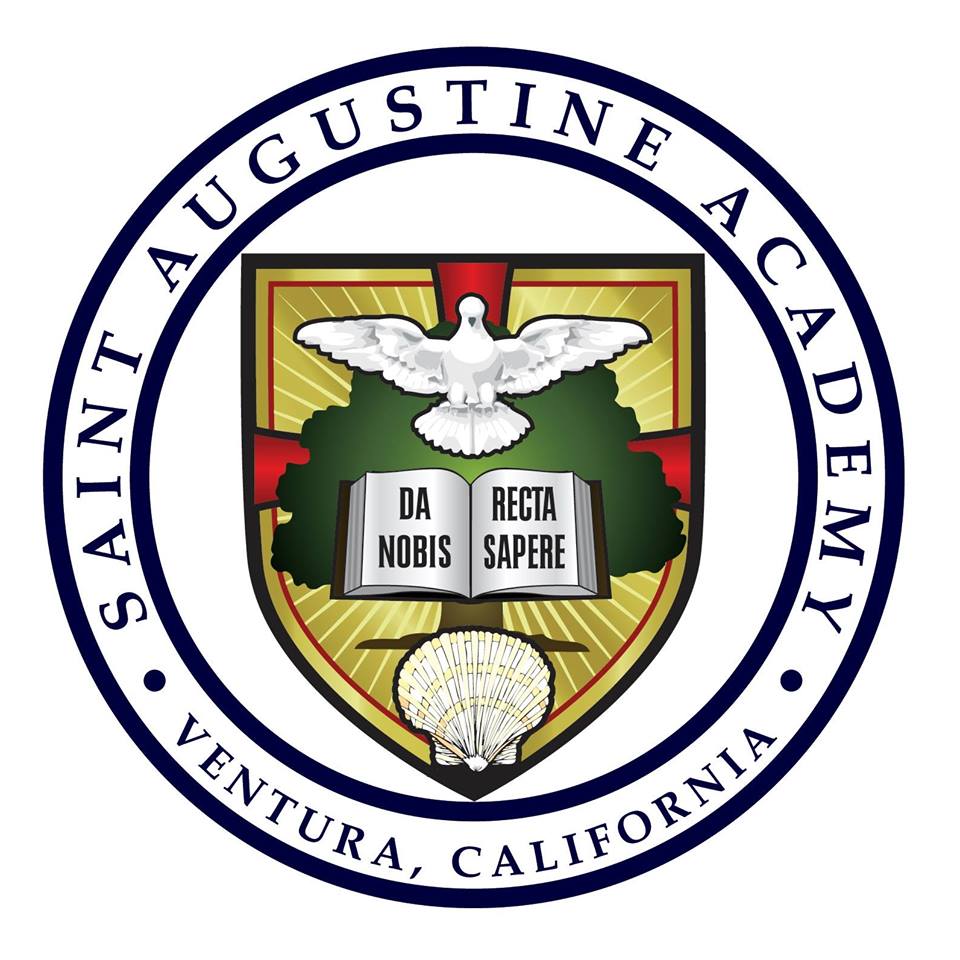
Coed: Grades K-12
Awards
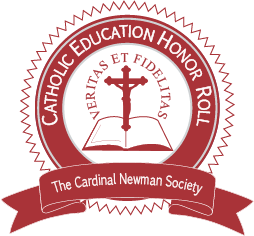
Member, National Catholic Honor Roll: 2017-2022
In fidelity to the truths of our Holy Catholic Church, the mission of Saint Augustine Academy is to assist parents in their duty of fostering within their children growth in the theological, intellectual, and moral virtues. We strive in every task to inculcate in our students the profound insight of Saint Augustine: “You have made us for Yourself, O Lord, and our hearts are restless until they rest in You.” The Academy follows a liberal arts curriculum. Classically, the liberal arts are divided into the trivium consisting of grammar, logic and rhetoric and the quadrivium consisting of arithmetic, geometry, music and astronomy. The liberal arts provide the young mind with the tools of learning and an introduction to the intellectual life. The art of grammar teaches the student to compose sentences well, necessary for understanding. Logic teaches reasoning and the methods that yield science and wisdom. Rhetoric teaches persuasion and discourse used when bringing the truth to others. Grammar, logic and rhetoric are basic tools of the mind. 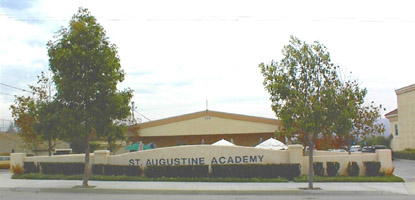 Since the young student is familiar with quantity, yet less familiar with the order and structure of nature, the mathematical sciences are especially proportioned to the young mind. Hence after the trivium, the student studies the quadrivium containing mathematical disciplines. Arithmetic and geometry consider number and magnitude respectively. Music uses number and ratio to produce harmony. Astronomy applies the properties of magnitude to explain the motions of the heavens. In addition to these, Latin is studied to practice the art of grammar. The trivium strengthens the young mind with tools of learning, the quadrivium provides an arena appropriate for the young mind in which the tools can be used. Growth in knowledge and wisdom requires experience. The studies of literature, geography, history, and natural science are added to the trivium and quadrivium to broaden the student\’s experience of humanity. Geography and natural science broaden the student\’s experience of nature. The crowning discipline of the curriculum is theology. Each discipline prepares the mind for a contemplation of God. The theology tutorial formally considers our relationship to God by presenting the Church\’s perennial teaching free of dissent.
Since the young student is familiar with quantity, yet less familiar with the order and structure of nature, the mathematical sciences are especially proportioned to the young mind. Hence after the trivium, the student studies the quadrivium containing mathematical disciplines. Arithmetic and geometry consider number and magnitude respectively. Music uses number and ratio to produce harmony. Astronomy applies the properties of magnitude to explain the motions of the heavens. In addition to these, Latin is studied to practice the art of grammar. The trivium strengthens the young mind with tools of learning, the quadrivium provides an arena appropriate for the young mind in which the tools can be used. Growth in knowledge and wisdom requires experience. The studies of literature, geography, history, and natural science are added to the trivium and quadrivium to broaden the student\’s experience of humanity. Geography and natural science broaden the student\’s experience of nature. The crowning discipline of the curriculum is theology. Each discipline prepares the mind for a contemplation of God. The theology tutorial formally considers our relationship to God by presenting the Church\’s perennial teaching free of dissent.




